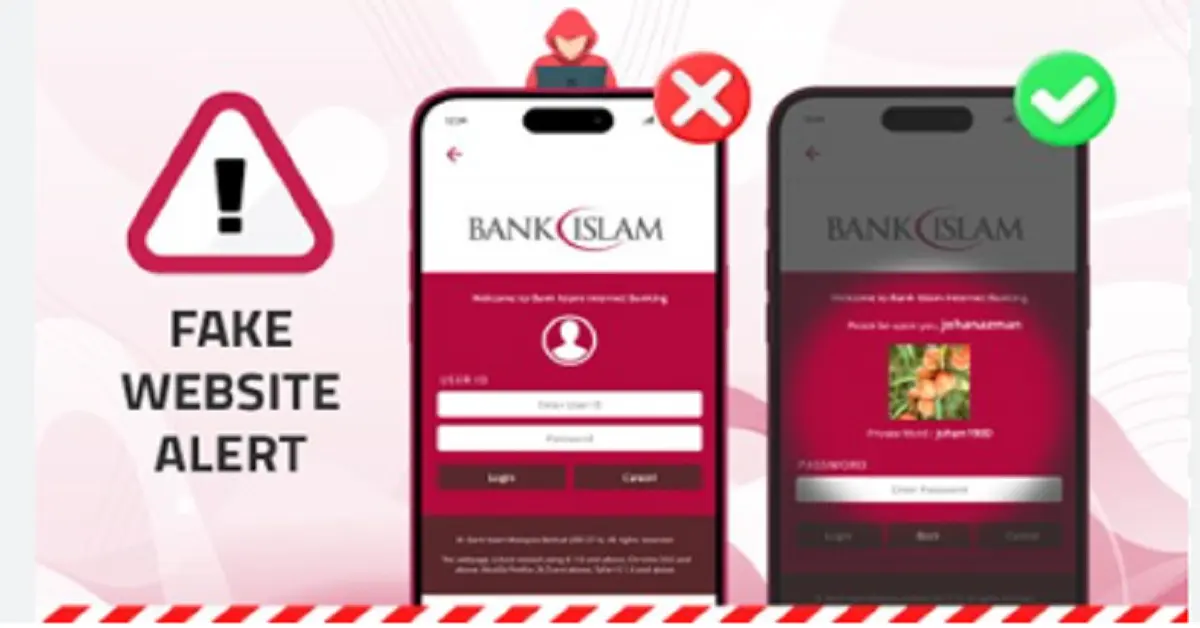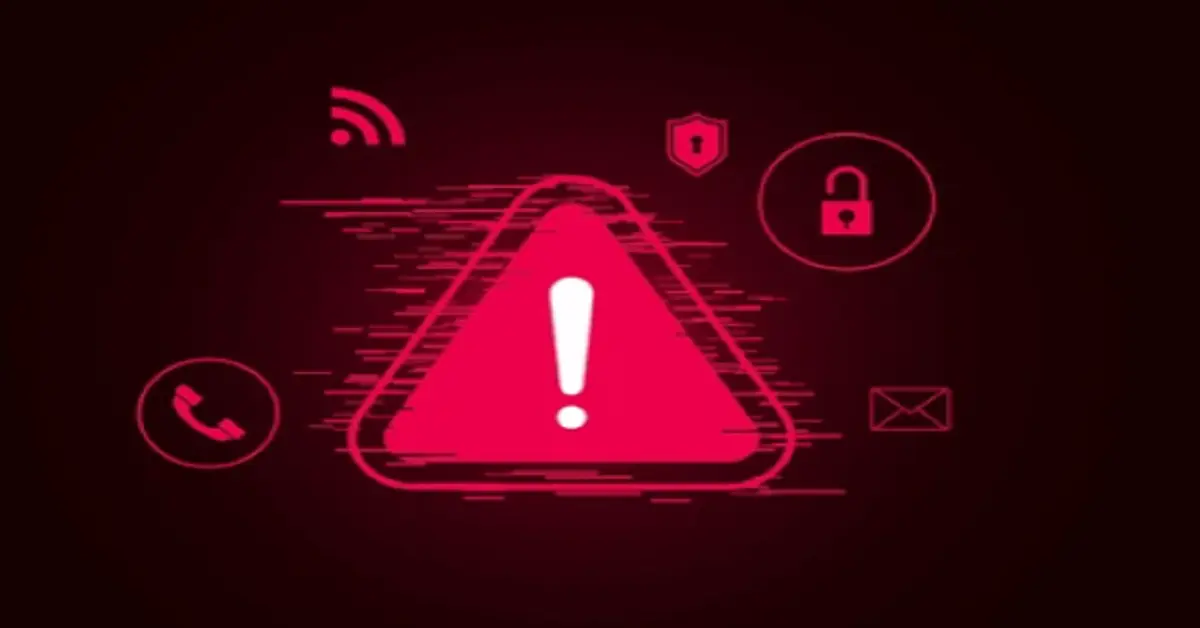introduction
The digital revolution has transformed the way we conduct financial transactions, making banking more convenient than ever. However, this convenience comes with its share of risks. Cybercriminals have evolved alongside technology, developing increasingly sophisticated scams to target individuals and organizations. One such menace is the phongsavanh bank ltd malware scam, a malicious scheme designed to exploit trust, steal sensitive information, and inflict financial and emotional harm on its victims.
This article aims to provide a comprehensive understanding of this scam, explaining its mechanics, identifying its impact, and offering actionable advice to prevent falling victim. By understanding the complexities of such cyber threats, individuals and organizations can better safeguard their assets and information.
Understanding the Nature of the Scam
The phongsavanh bank ltd malware scam is a form of cyberattack that employs malware—malicious software—to compromise the security of its targets. Cybercriminals impersonate phongsavanh bank ltd malware scam, a legitimate and trusted financial institution, to lure victims into a trap. By exploiting the reputation of the bank, they trick individuals into revealing sensitive data such as banking credentials, personal identification numbers, and financial account details.
What makes this scam particularly insidious is its reliance on social engineering tactics. Attackers craft emails, text messages, or even phone calls that mimic authentic communications from phongsavanh bank ltd malware scam. These messages often include urgent requests, such as warnings about account suspension or unauthorized transactions, compelling victims to act without suspicion. In many cases, victims are directed to click on a link or download an attachment, which introduces malware into their device. Once installed, the malware can monitor activity, steal information, and even take control of the system remotely.
How the Phongsavanh Bank Ltd Malware Scam Operates
The operation of the scam is multifaceted, relying on a combination of psychological manipulation and technical expertise. Here is a detailed breakdown of the typical steps involved:

1. Initial Contact
The scam begins with an unsolicited email, text message, or phone call claiming to be from phongsavanh bank ltd malware scam. These communications are often meticulously designed to resemble legitimate correspondence, complete with logos, official-sounding language, and professional formatting. The messages commonly claim:
- There has been suspicious activity on the victim’s account.
- The account will be locked unless immediate action is taken.
- The victim must verify their identity or update security details.
2. Delivery of Malware
The communication directs the victim to take a specific action, such as:
- Clicking on a link that redirects to a fraudulent website designed to mimic the bank’s official platform.
- Downloading an attachment disguised as a bank statement, invoice, or transaction record.
In either case, the victim unknowingly installs malware onto their device. This software may be a keylogger (recording keystrokes), spyware (collecting personal data), or ransomware (locking the device and demanding payment).
3. Harvesting Data
Once the malware is active, it begins its work. It may:
- Capture login credentials as the victim types them.
- Access stored passwords, files, and sensitive documents.
- Monitor online activity to identify other vulnerabilities.
4. Exploitation
With the stolen information, attackers can:
- Transfer funds directly from the victim’s account.
- Use the victim’s credentials to commit identity theft.
- Sell the data to other criminal entities on the dark web.
Some sophisticated scams also involve follow-up contact. For example, scammers might call the victim, posing as bank representatives, to extract further information under the guise of “resolving the issue.”
The Consequences of Falling Victim
The implications of falling prey to the phongsavanh bank ltd malware scam are severe, extending beyond immediate financial losses. Victims often face long-term challenges that can take years to resolve.
For Individuals
Personal losses include unauthorized withdrawals, depleted savings, and credit card fraud. Beyond the monetary aspect, the emotional toll of being scammed can lead to stress, anxiety, and a loss of trust in online banking systems. Victims may also need to spend considerable time and effort repairing their financial and personal records.
For Businesses
Businesses targeted by such scams risk exposing their clients’ sensitive data, which can lead to reputational damage and legal repercussions. A single breach can disrupt operations, incur regulatory fines, and erode customer trust.
For Financial Institutions
Although phongsavanh bank ltd malware scam itself is not directly involved in the scam, the misuse of its name and reputation can damage customer confidence. The institution must allocate significant resources to addressing customer concerns, enhancing security measures, and combating the misuse of its brand.
Recognizing the Warning Signs
One of the best ways to prevent falling victim to scams is by recognizing their telltale signs. Common red flags include:
- Generic Greetings: Messages addressed to “Dear Customer” instead of your actual name.
- Urgency and Threats: Claims that your account will be locked or compromised if you don’t act immediately.
- Unfamiliar URLs: Links that don’t match the official website of phongsavanh bank ltd malware scam.
- Attachments: Files with suspicious extensions like .exe, .zip, or .bat, which are commonly used to deliver malware.
- Poor Grammar and Spelling: Legitimate bank communications are typically free of errors.
How to Protect Yourself
Preventing scams requires a combination of awareness and proactive security measures. Here are some key steps to safeguard against the phongsavanh bank ltd malware scam:
1. Verify Authenticity
Always verify any communication claiming to be from phongsavanh bank ltd malware scam. Contact the bank directly using official contact details, not those provided in the suspicious message.
2. Avoid Clicking on Suspicious Links
Never click on links or download attachments from unsolicited emails or messages. Instead, navigate to the bank’s official website manually.
3. Strengthen Security Measures
- Install antivirus software and ensure it is regularly updated.
- Enable two-factor authentication for online banking and other critical accounts.
- Regularly update your device’s operating system and applications to patch vulnerabilities.
4. Monitor Financial Activity
Review your bank statements and credit reports regularly to detect unauthorized transactions early.
5. Educate Yourself
Stay informed about common scams and share this knowledge with family, friends, and colleagues to create a community of vigilance.
What to Do If You’re a Victim
If you suspect that you’ve been targeted by the phongsavanh bank ltd malware scam, take immediate action to minimize damage:
- Disconnect your device from the internet to prevent further data theft.
- Run a full antivirus scan to identify and remove any malware.
- Change your passwords, especially for online banking and email accounts.
- Notify Phongsavanh Bank Ltd and your local authorities to report the scam.
- Monitor your financial accounts closely for any unauthorized activity.
Conclusion
The phongsavanh bank ltd malware scam serves as a stark reminder of the growing threats in today’s digital landscape. By exploiting trust and using advanced technology, cybercriminals can inflict significant harm on individuals and organizations. However, awareness and preparedness remain powerful tools in combating such threats.
By staying informed, adopting secure online practices, and reporting suspicious activities, you can protect yourself and contribute to the fight against cybercrime. Remember, vigilance is the key to staying one step ahead of scammers in an increasingly interconnected world.
